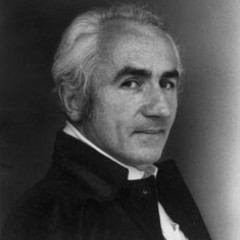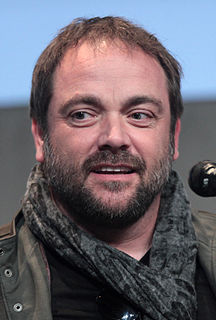Цитата EA Bucchianeri
Сократ: Вы заметили в нашем путешествии, как часто граждане этой новой земли напоминают друг другу, что это свободная страна? Платон: Да, и мне кажется странным, что они это делают. Сократ: Как так, Платон? Платон: Это все равно, что напоминать пекарю, что он пекарь, или скульптору, что он скульптор. Сократ: Ты хочешь сказать, что если кто-то убежден об их ремесле им не нужно напоминать. Платон: Это верно. Сократ: Я согласен. Если бы эти граждане были убеждены в своей свободе, им не нужны были бы напоминания.
Связанные цитаты
Сократ: Так что даже наши прогулки здесь опасны. Но вы, кажется, избежали самой опасной вещи из всех. Берта: Что это? Сократ: Философия. Берта: О, у нас здесь есть философы. Сократ: Где они? Берта: На факультете философии. Сократ: Философия — это не факультет. Берта: Ну, у нас есть философы. Сократ: Они опасны? Берта: Конечно нет. Сократ. Тогда они не настоящие философы.































